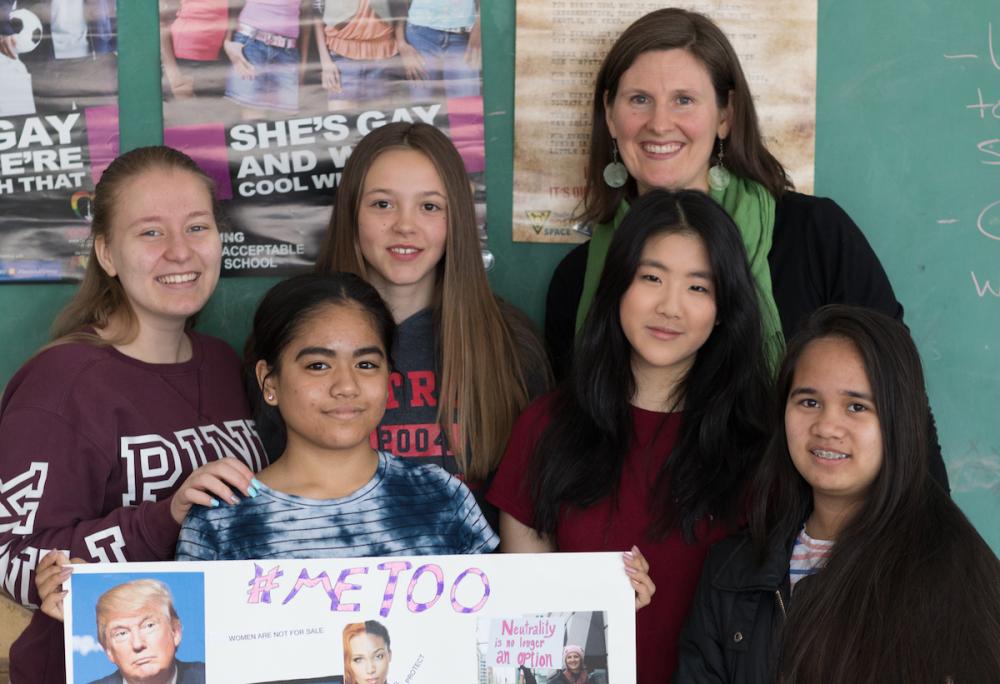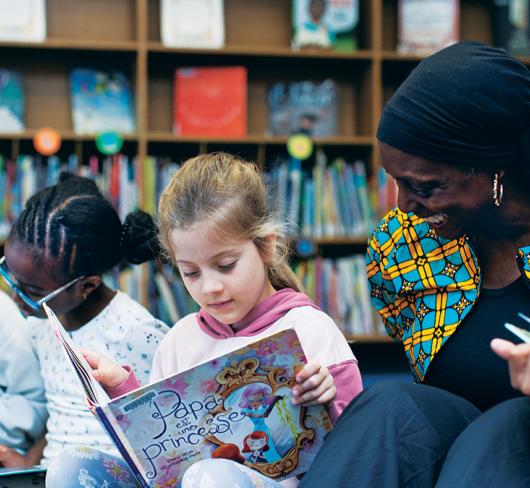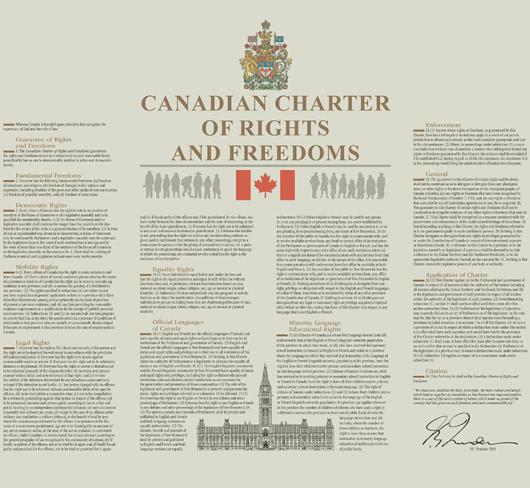
Teaching About Consent with #MeToo
#MeToo is a movement originally sparked by a conversation Tarana Burke had with a 13-year-old girl at a youth camp in 1996. At the time, Tarana, the girl’s counselor, didn’t know how to help soothe and validate the youth’s pain from sexual assault and had to turn away. Ten years later, she founded the Me Too Movement to support women of colour who had survived sexual violence in its many terrible and oppressive forms. The focus of the Me Too Movement was, and continues to be, helping survivors connect and heal. On October 15, 2017, in response to the allegations against movie producer Harvey Weinstein and in order to better understand the sheer volume of people affected by sexual violence, actress and activist Alyssa Milano used #MeToo on Twitter. The hashtag caught fire and went viral with millions of people, primarily women, sharing their stories of sexual assault, harassment and exploitation on multiple social media platforms.
At the time it went viral, I was certainly aware of #MeToo and the rising tide of allegations of sexual assault and harassment in the news, thanks to CBC radio, newspaper headlines and Google searches. I’m not sure my intermediate students were so aware, however. There is a gulf between my level of exposure to social media and that of my grades 7 and 8 students; I am sitting in my “old person” bubble of the radio and Googling articles and they are blissfully Youtube meme-surfing, Snapchatting and Instagramming in the moment. It seemed most of them were missing #MeToo, or at least weren’t talking about it around me. I teach three Grade 7 and three Grade 8 Health Education classes in a K-8 school in Toronto. Each class gets two periods a week to delve into health-related issues. As we began sexual health discussions in class this January, #MeToo emerged as a spark plug for starting difficult conversations about communicating personal boundaries, consent and power.
Our health Google slide deck for January 2018 was titled #MeToo with the following learning goals: to have a greater understanding of sexual assault and harassment and current events including the #MeToo movement; to make connections between sexual assault/harassment, consent and power; and to think about ways to “be your own person” and the importance of standing up and “speaking your truth.”
“What’s #MeToo?” several students asked upon viewing the slide deck title. Some students had the idea that it was related to Harvey Weinstein and other powerful media men being fired and women wearing black at the Golden Globes. Almost all of them understood the power of a hashtag in our social media saturated world. They saw the hashtag as a connector, a way to search for similar posts or information, and they certainly understood the concept of going viral. Together we had to connect the idea of a greater social movement with their understanding of the power they have over their own bodies.
In each of the classes, we walked through video clips from the Golden Globes and beyond to better understand the nature of #MeToo, how it connected back to the students and what they already knew about power and consent. We watched and discussed clips of Michelle Williams and Tarana Burke talking about the Me Too Movement on the red carpet, Oprah Winfrey’s acceptance speech for the Cecile B. de Mille Award, TIME magazine Person of the Year: The Silence Breakers video and a clip of Burke discussing her original purpose for the Me Too Movement. Overall, students seemed engaged; they were either silent during the clips or whispered hushed comments about some of the people who were fired and lost their jobs due to sexual harassment allegations. The video clips we watched showed a range of experiences – women of colour, people with different levels of income, a man sharing his story of harassment, other men voicing support. Almost every story included the narrative that individual voices were not listened to…until now. But what did #MeToo mean for my students and their future selves?
I teach in a school that is a microcosm of the power dynamics that exist in the larger Canadian society. Our student population in grades K-5 comes from families who own the big homes in the surrounding area, affluent and predominantly white. In Grade 6 and then again in Grade 7, the school gets two influxes of considerably less affluent students from feeder schools. Many of these grades 6 and 7 students are people of colour, some are first- or second-generation Canadians, and all have to travel greater distances to get to school than the younger students. We also have a significant population of English Language Learners, most of whom are in grades 6 to 8. Some of their parents are employed by the families in the younger grades. None of the students coming into the middle school have the benefit of being taught by teachers they’ve known since they were kindergarteners; they come to us as pre-teens. All of this leads to quite an intersection of life experiences, opinions and biases squeezed into the confused adolescents sitting together in health class. Some students have said they feel their voices were not heard because they were new to the school, or new to the country, or Black, or of a different religion. How can I help them to understand the spirit of #MeToo, that their voices matter and their bodies are sacred in the world, when we were struggling to achieve this goal at the school level?
During our discussions about the Me Too Movement, the questions the students asked about sexual assault and the assumptions they seemed to be making about the survivors and the accused were heavy with the weight of their own experiences, both personal and perceived in media. The students understood consent on a personal level (thank you “Consent Tea” video) but weren’t sure how that melded with their own critical analyses and emotional responses to what they see in the media.
“How come so many women only come out about sexual assault after the person they’re accusing becomes famous? How can men protect themselves against false allegations? How can you know that women aren’t lying to get attention?”
After every class, I reworked the reflection questions and struggled to facilitate and guide the discussions towards personal reflections about bodily autonomy and sources of support and away from blaming and shaming. I asked students to reflect on, “What does MeToo have to do with you?” One student wrote, “Empowers us to stand up for ourselves. Stereotypes affect us.” Another wrote, “To help us understand how to treat people in the workplace and be mindful of how I treat women.” So there seemed to be progress with some, but not always.
During one class, a Grade 8 student kept asking questions about accountability for women and false accusations and left the class muttering, “Never mind,” her body language angry and confused. After class, I spent an additional half hour speaking with her, asking questions and attempting to listen without judgment in order to better understand her reaction in class. I finally understood a bit more about how her personal experiences had shaped her opinions and could frame my questions to guide us both towards thinking about relationship role models and what she wanted for herself, rather than just reacting to what she had seen and experienced. Last year, I probably would have just let the conversation end when she left class. Post #MeToo, I was more open to asking and actually listening.
Another day, I was outside with a Grade 7 class for a brief daily physical activity session when a quiet student ran up and asked to speak with me privately. As we walked around the track, she asked me to clarify sexual assault and harassment, wanting to know the difference. My stomach swished, wondering if more details of a personal experience with assault was coming. After several questions from both of us to figure out exactly what she wanted to know, she sighed and said, “Thanks, I’ve been wondering and didn’t know who to ask!” and then ran off to join her friends. I’m glad to have been available to field her questions and hope that she will always find trustworthy folks to help her answer questions about her health and body. Perhaps post-#MeToo, there will be more of us or at least maybe she will feel less shy about asking.
Back in the classroom, after a month of challenging discussions, personal reflections, role playing, and activities about consent, assertive communication and healthy relationships, the Grade 8 classes and I developed a culminating project: they were to create an advertisement promoting healthy relationships or sexual health to present to the Grade 7 students. They had the flexibility to choose the format and specific content. They made posters and videos and rewrote song lyrics and designed newsletters. Over half the presentations focused on consent. So either the messages of #MeToo resonated with them or had been repeated so much it stuck.
When asked to produce a write-up explaining the importance of their campaign, one student presented her reflection in the form of an origami fortune teller, sparking an authentic opportunity for expanding student voice. That Grade 8 class made a basket full of fortune tellers with messages about consent and power to distribute to students in the grades 6 and 7 classes at our school. Perhaps their dissemination will help empower even more students to think about and discuss the choices they make for their own bodies now and the responsibilities they have to respect the bodies of others, regardless of the power structures that may exist.
So how has #MeToo shifted my experience? As an educator, I see it’s part of my job to help youth find their voices and empower them to better understand their bodies and the boundaries they have the right to place around themselves. I hope to listen and respond to student questions with curiosity, not judgment, in order to more deeply understand their multidimensional experiences and empathize with them. I hope to help frame students’ understanding of systemic power and how imbalances in power can lead to abuses so they can be aware of barriers in front of themselves and others. I hope we can work together to find ways to remove those barriers, one imperfect step at a time. How has #MeToo shifted your experience?
Sarah-Jane Wells is a member of the Elementary Teachers of Toronto.
Articles and Websites About #MeToo
- time.com/time-person-of-the-year-2017-silence-breakers/
- nytimes.com/2017/10/20/us/me-too-movement-tarana-burke.html
- time.com/5194650/tarana-burkeme-too-song/
- metoomvmt.org/
- chicagotribune.com/news/opinion/page/ct-perspec-page-metoo-tarana-burke-sexual-harassment-1210-20171208-story.html
- nytimes.com/series/metoo-moment
- cnn.com/videos/us/2017/11/10/tarana-burke-me-too-movement-founder-sg-orig.cnn
Consent Videos
- Tea Consent (Clean) youtube.com/watch?v=fGoWLWS4-kU
- Two Minute Consent youtube.com/watch?v=laMtr-rUEmY
Other Resources
- Beyond the Basics: A Resource for Educators on Sexuality and Sexual Health
- actioncanadashr.org/beyondthebasics/
- White Ribbon Campaign whiteribbon.ca/
- How to make a fortune teller: youtube.com/watch?v=AacOP3B9Y6U

